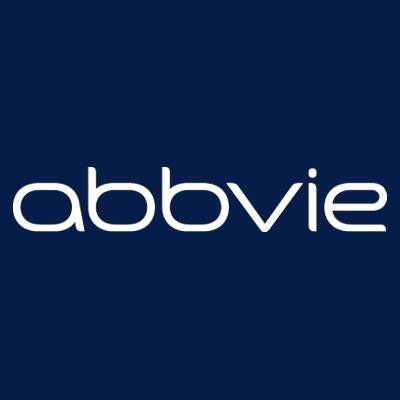Article
AbbVie, Voyager Collaborate for Vectorized AD Antibodies
Author(s):
The collaboration intends to combine AbbVie’s clinical resources in monoclonal antibody develop with Voyager’s gene therapy platform.

Major players on different ends of potential Alzheimer’s disease (AD) therapies are collaborating for a combination drug that may impact various neurodegenerative diseases.
Biopharmaceutical company Abbvie and clinical-stage gene therapy company Voyager Therapeutics have announced an exclusive strategic collaboration and option agreement to develop and commercialize vectorized antibodies that would combat tau in patients with AD and similar diseases. The collaboration intends to combine AbbVie’s clinical resources in monoclonal antibody develop with Voyager’s gene therapy platform, to develop adeno-associated viral (AAV) vectors.
Tau, a protein in the brain that promotes cellular function and stability, can be altered from neurodegenerative disease and begin to accumulate. The result is damage to brain function and neuronal cell loss, which closely correlatives with progressive neurodegeneration and symptom severity.
The collaborating companies aim to address the limitations of current biologic therapies — in which weekly or biweekly infusions are not fully capable of reaching its target in the brain. Voyager’s gene therapy platform would be utilized to deliver AAC vector antibody that provides genetic instruction to produce anti-tau antibodies in the brain, thereby reducing tau pathology.
As part of the collaboration, Voyager will conduct initial research and preclinical development of targeted vectorized antibodies, before AbbVie will select antibodies to progress into clinical development. AbbVie will have an option to license the antibody program and lead potential follow-up clinical research and commercialization, while Voyager will be responsible for the research and phase 1 studies and their costs. Voyager also holds an option to share in the costs of clinical development for higher royalty rates.
Matt Osborne, vice president of Investor Relations and Corporate Communications for Voyager, told MD Magazine that the role of gene therapy in reducing tau pathology is early into development, but promising nonetheless.
“Right now, some of these antibodies in development penetrate tissues in the brain at a very low level and require weekly or bi-weekly infusions,” Osborne said. “With gene therapy, we are attempting to deliver higher amounts of antibodies to the brain, and with a one-time treatment.”
Jim Sullivan, PhD, vice president of pharmaceutical discovery for AbbVie, noted in a statement that the vectorized antibody platform has the potential to similarly treat patients with progressive supranuclear palsy and frontotemporal dementia.
The multi-faceted approach should be embraced by clinicians moving forward. Howard Fillit, MD, founding executive director and chief scientific officer at the Alzheimer’s Drug Discovery Foundation, told MD Magazine that combination therapies in AD have been needed to address its multifactorial evolution.
“You have inflammation, epigenetic changes, neuronal energy failure, mitochondrial dysfunction, hypoxia and ischemia from microvascular disease, protein chaperone misfolding and failure,” Fillit said. “So we are going to need a combination of drugs to attack this disease, just like in cancer.”
The therapies may also improve on the current standard of treatment regimen. Osborne said the ultimate goal is to reach greater levels of anti-tau antibodies in one-time treatment than what’s currently achieved in administrations of weekly or bi-weekly infusions.
Fillit called it an exciting time for the field of AD therapy — he recalled there being no clinical development when he came into the field in 1980. Now, he can point to over 250 clinical trials testing 126 drugs, ranging from anti-inflammatory therapies to biotech innovations.
“It is actually a really exciting time to be in drug development and drug discovery for Alzheimer's because there are so many targets that we know about now from the biology that could be the focus of drugs — and we're testing a lot of them, including 17 repurposing drugs,” Fillit said.
While it is too early to accurately predict the phase 1 trial timeline, Osborne said the companies are hopeful to test the therapies in humans within a few years.
For its role, Voyager will receive a $69 million front cash payment, and as much as $155 million potential preclinical and phase 1 option payments. They are eligible to receive up to $895 million in development and regulatory milestones per antibody compound.
Related Coverage >>>
FDA Approves Amantadine Extended Release for Parkinson's, Movement Disorders
Anticholinergic Practice May Not Affect Tardive Dyskinesia
FDA Rejects Apricus Biosciences' Alprostadil Erectile Dysfunction Cream




